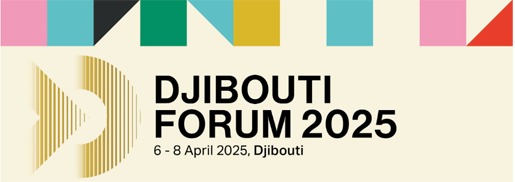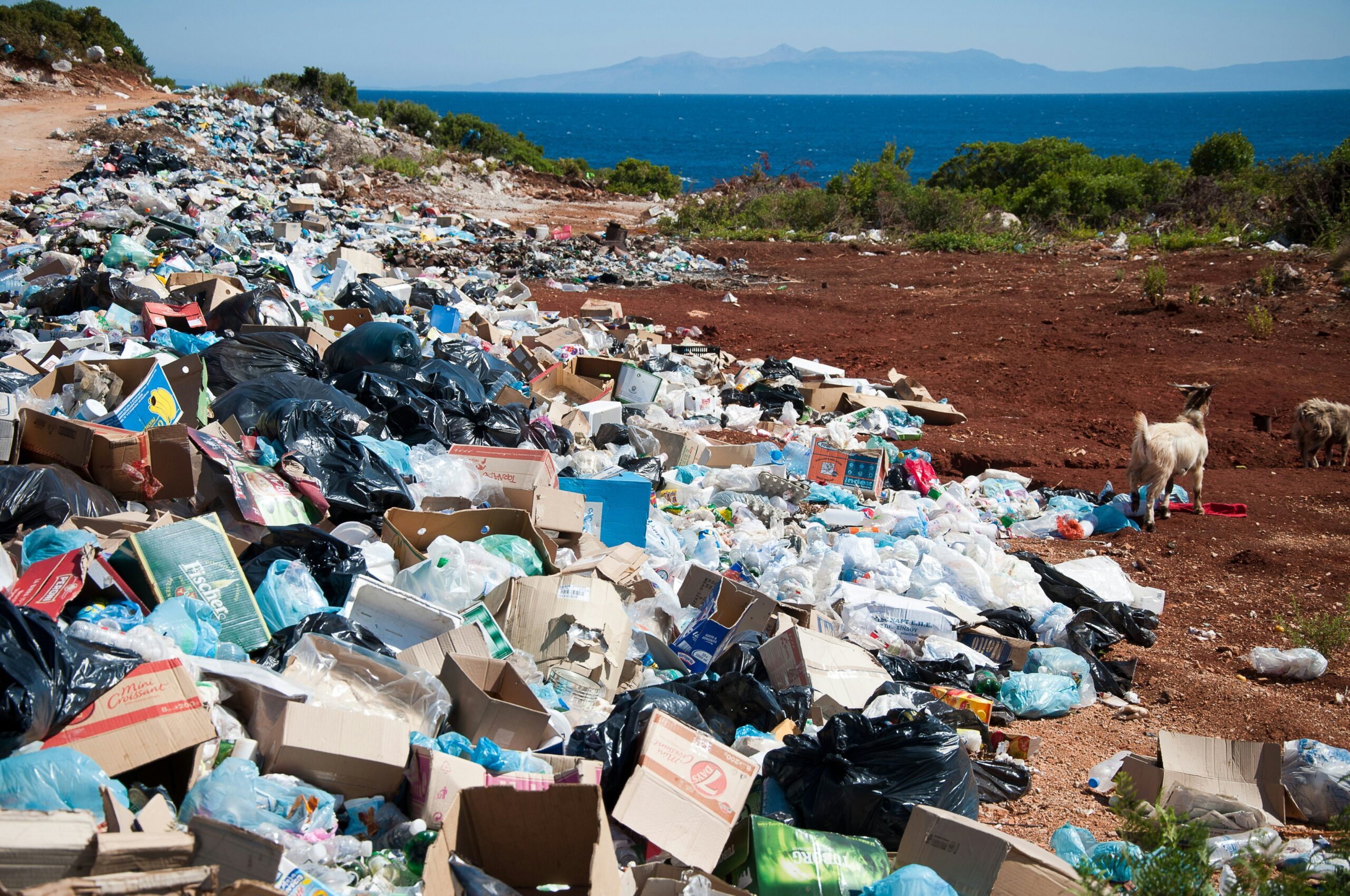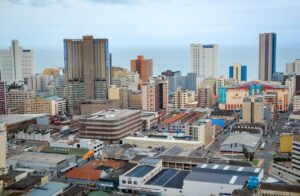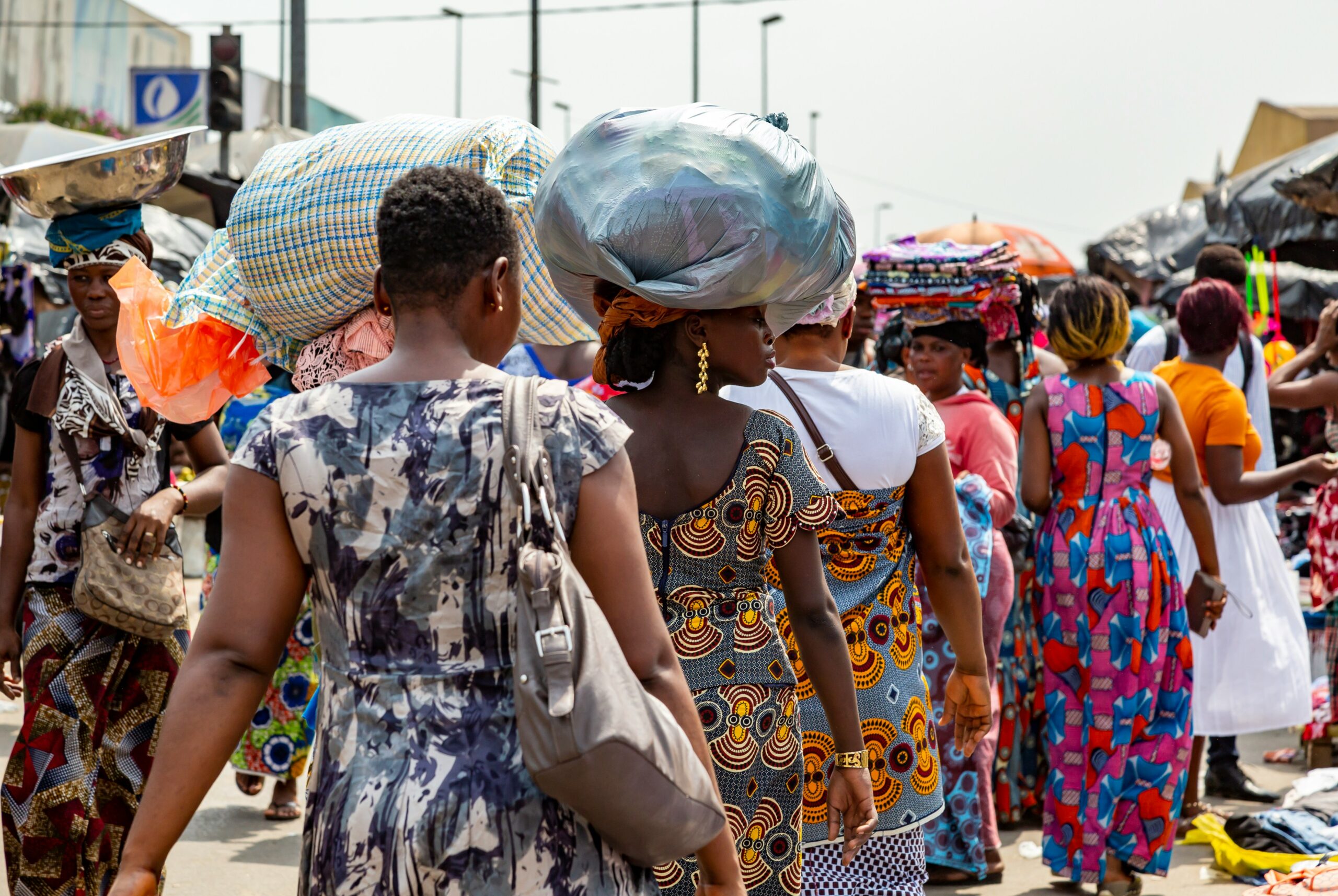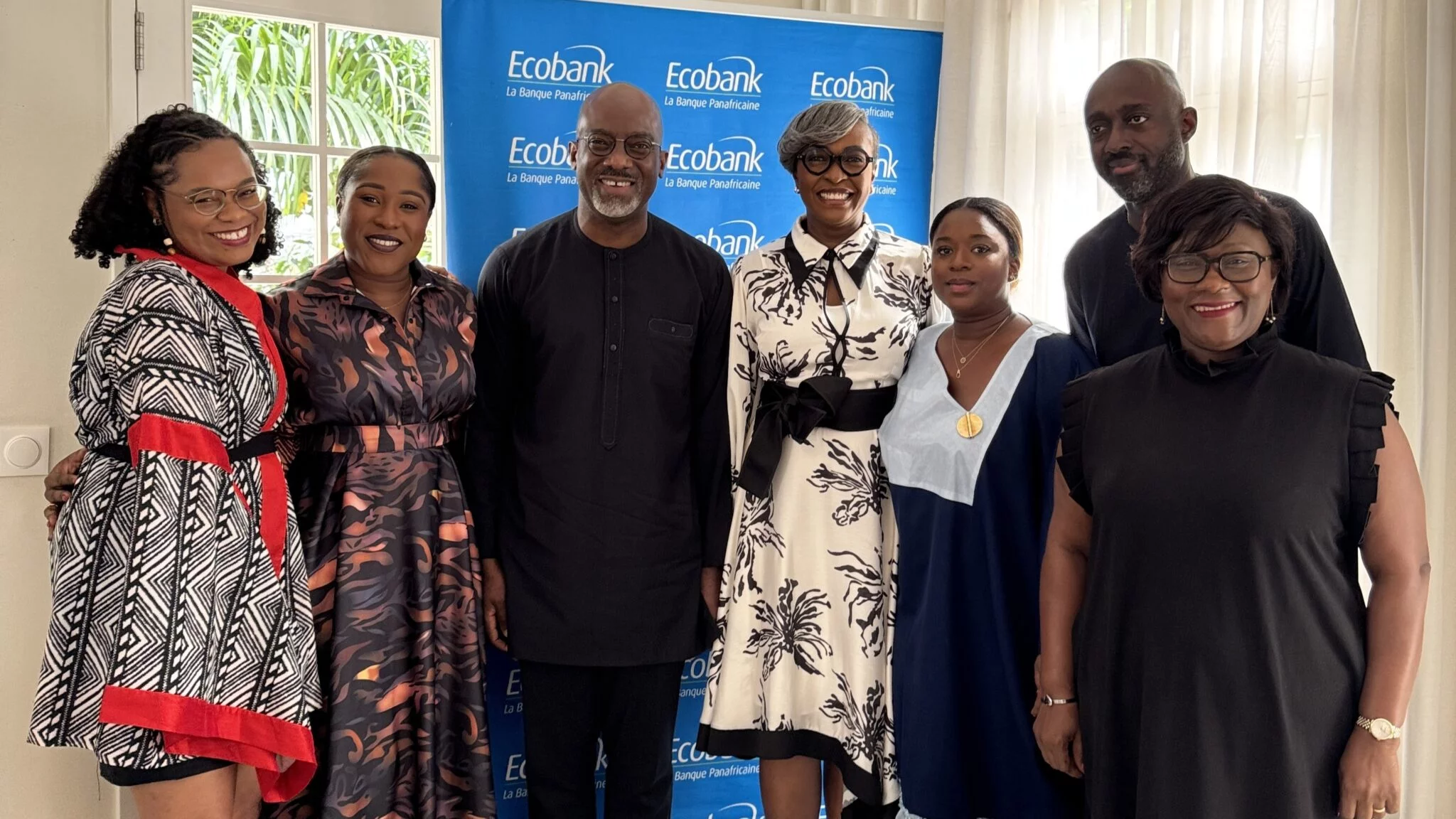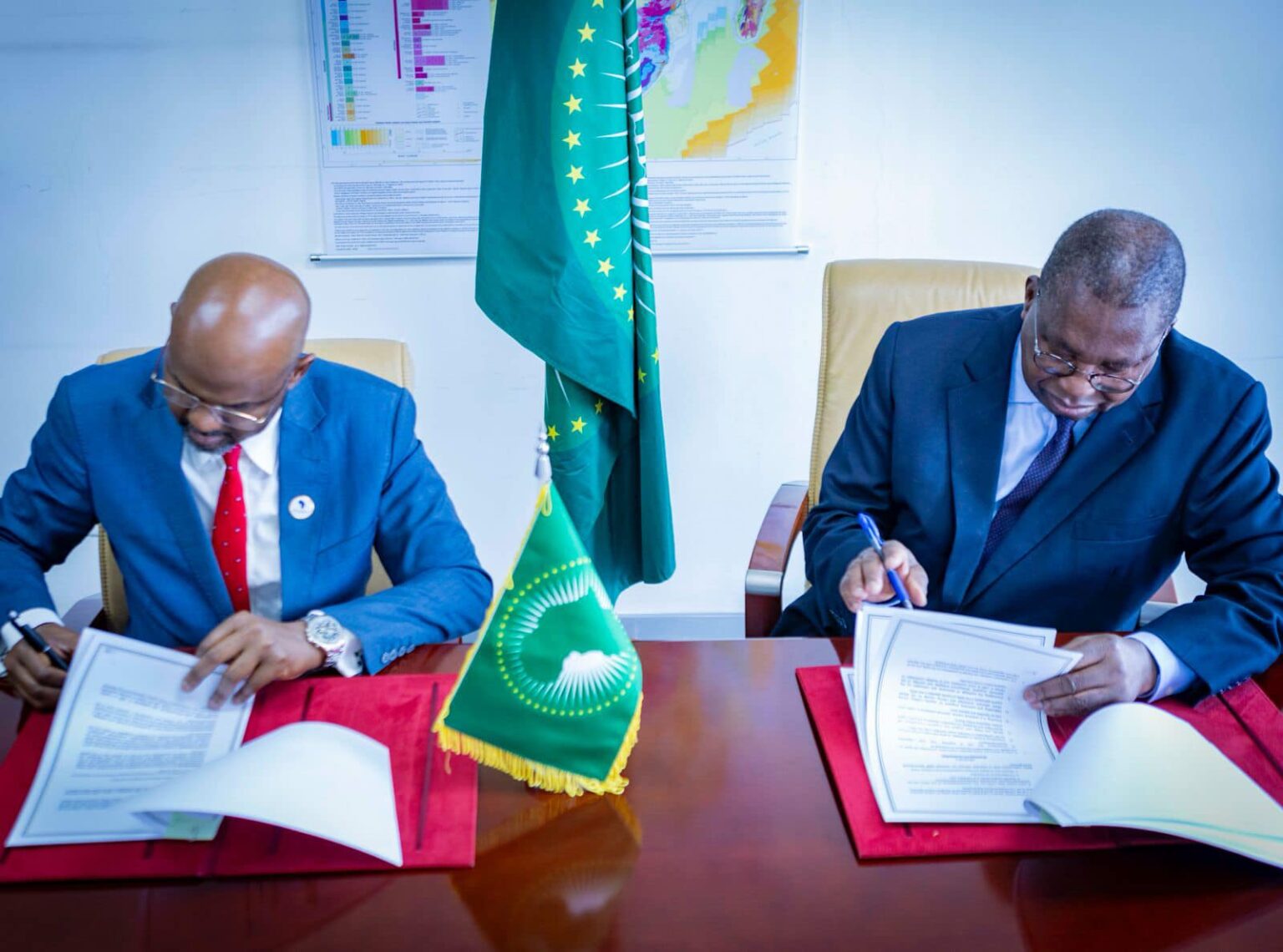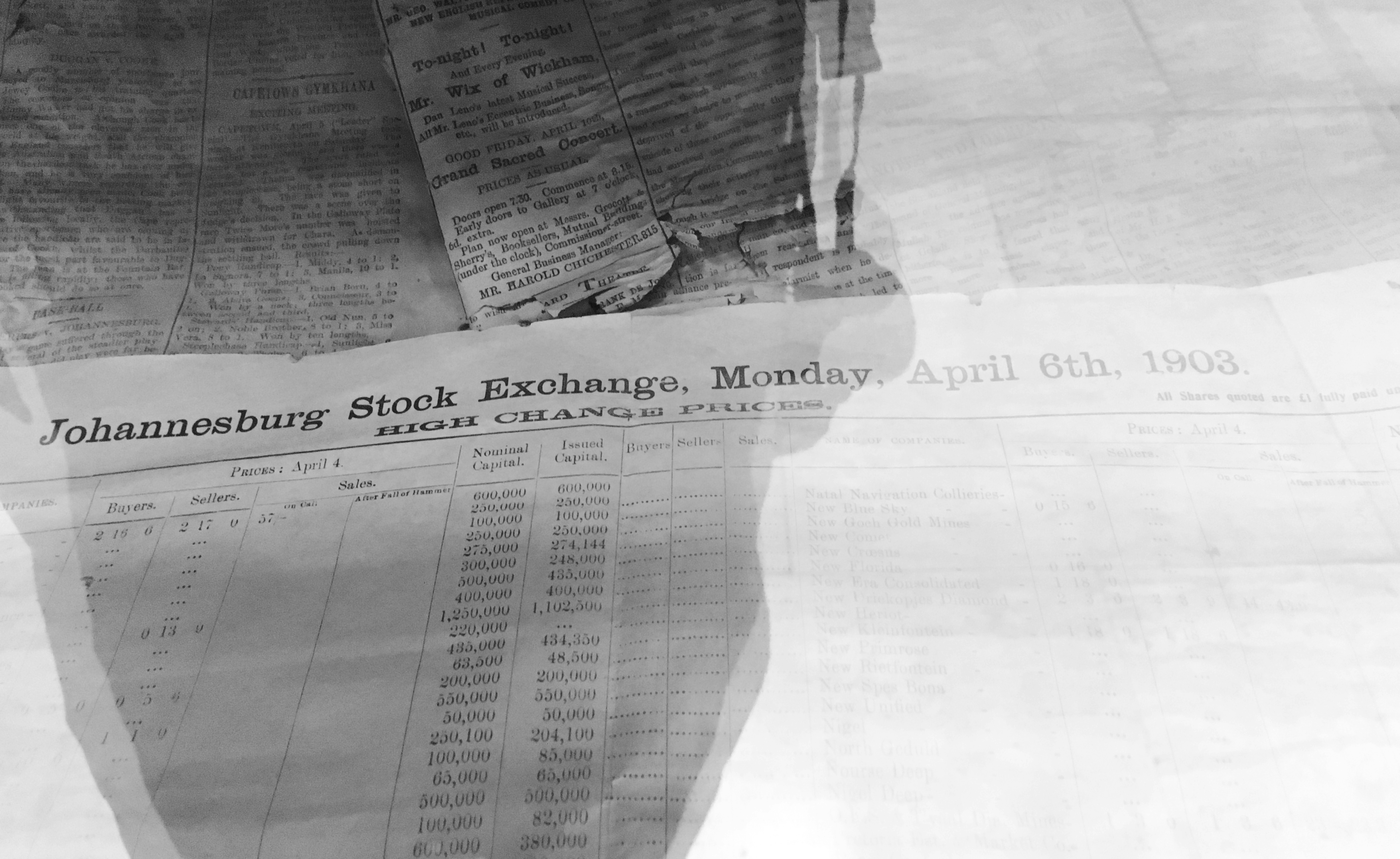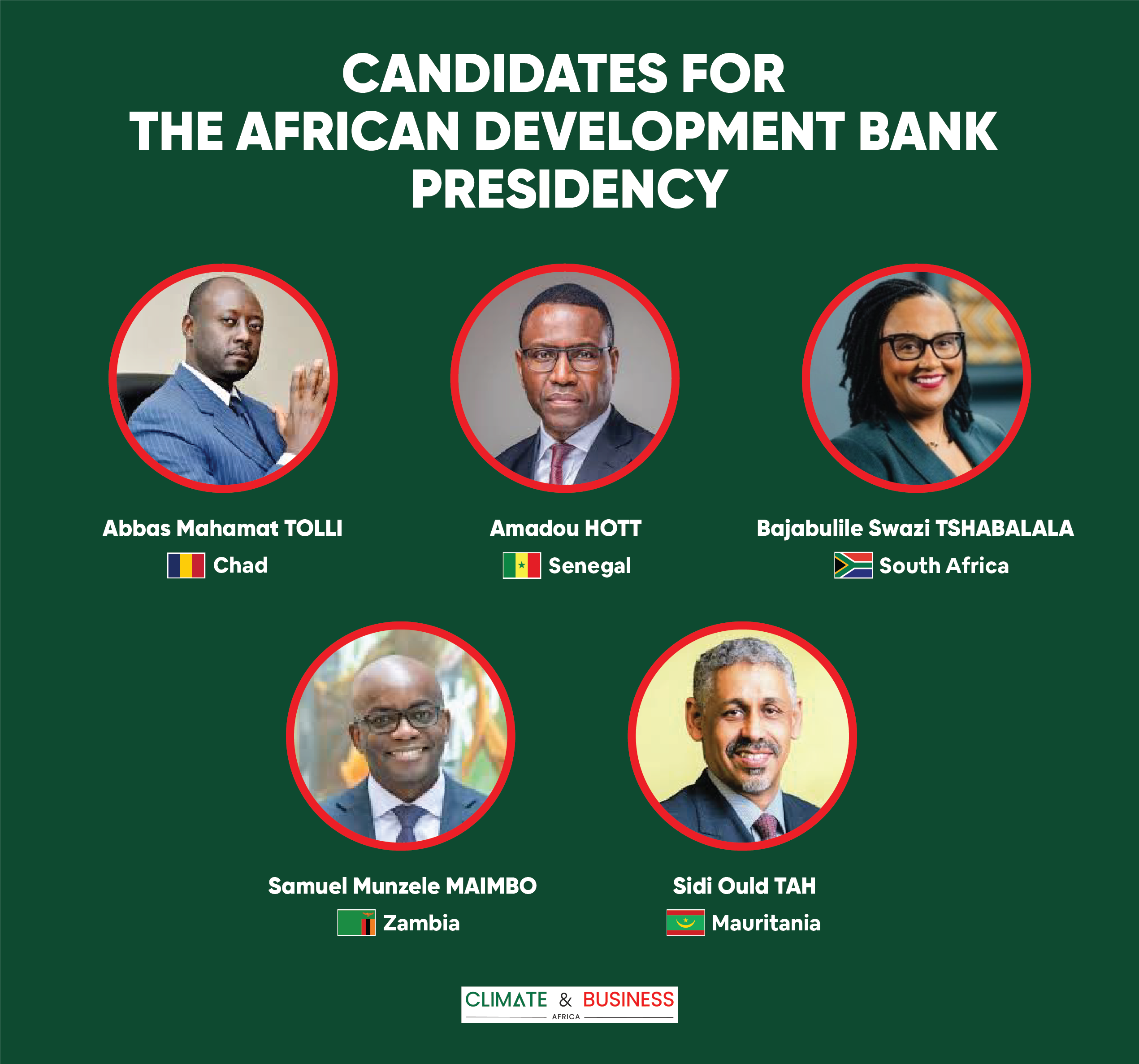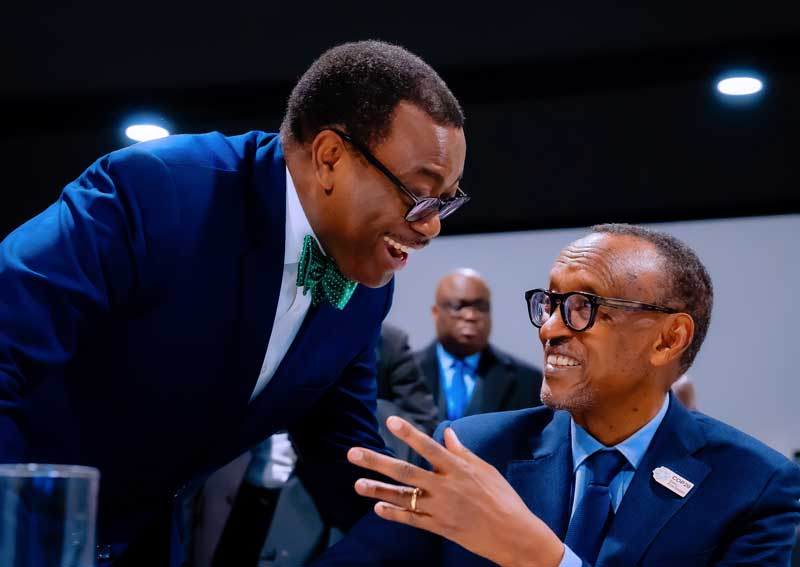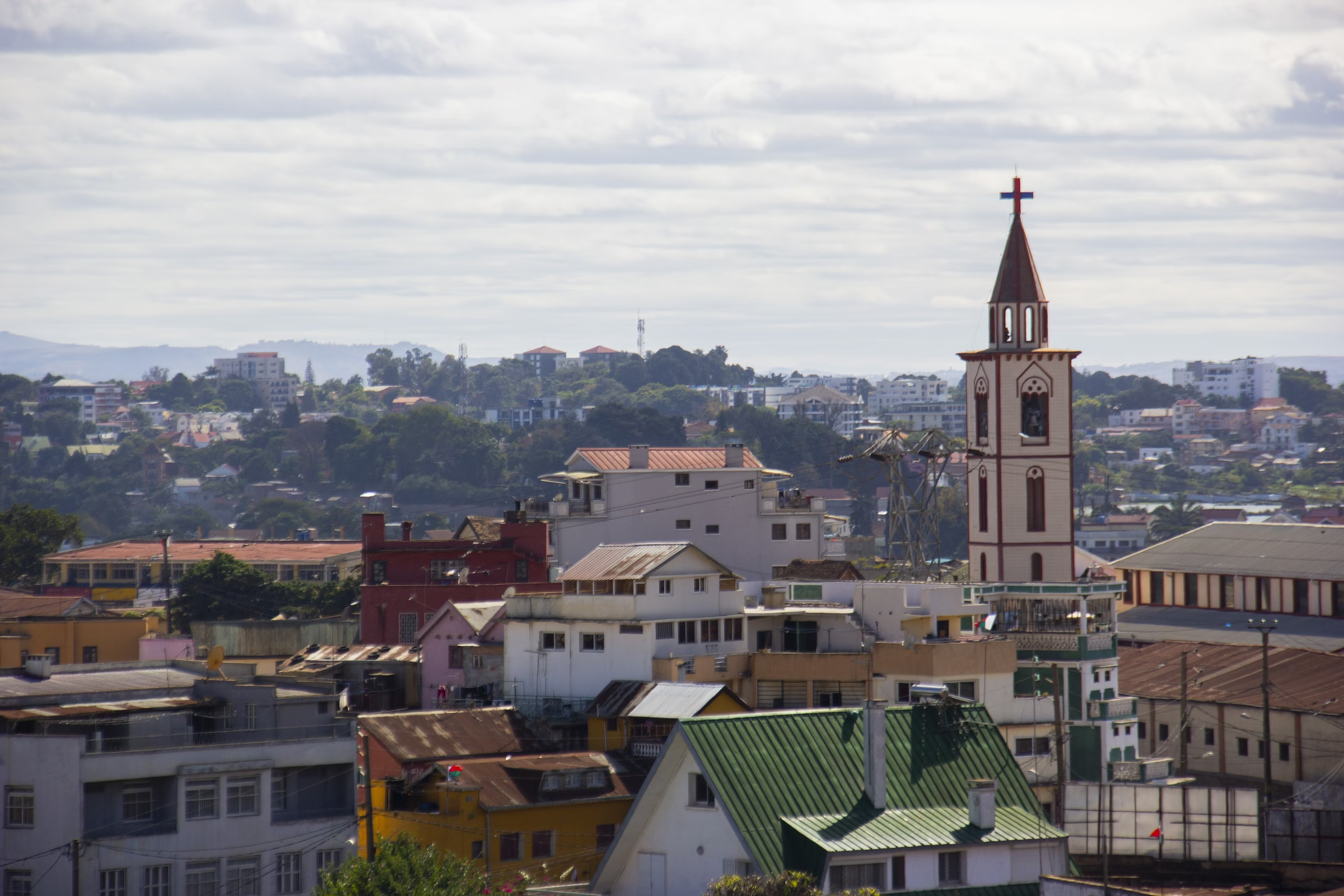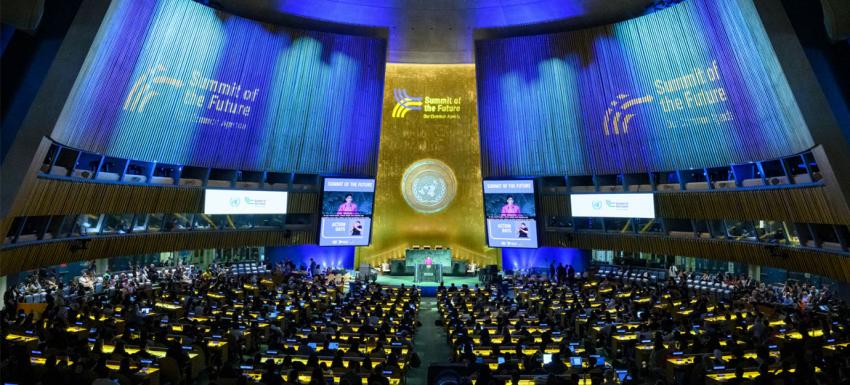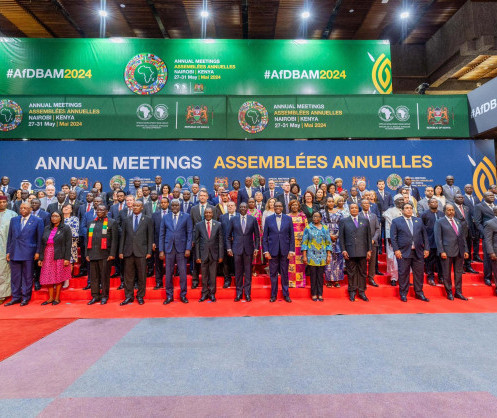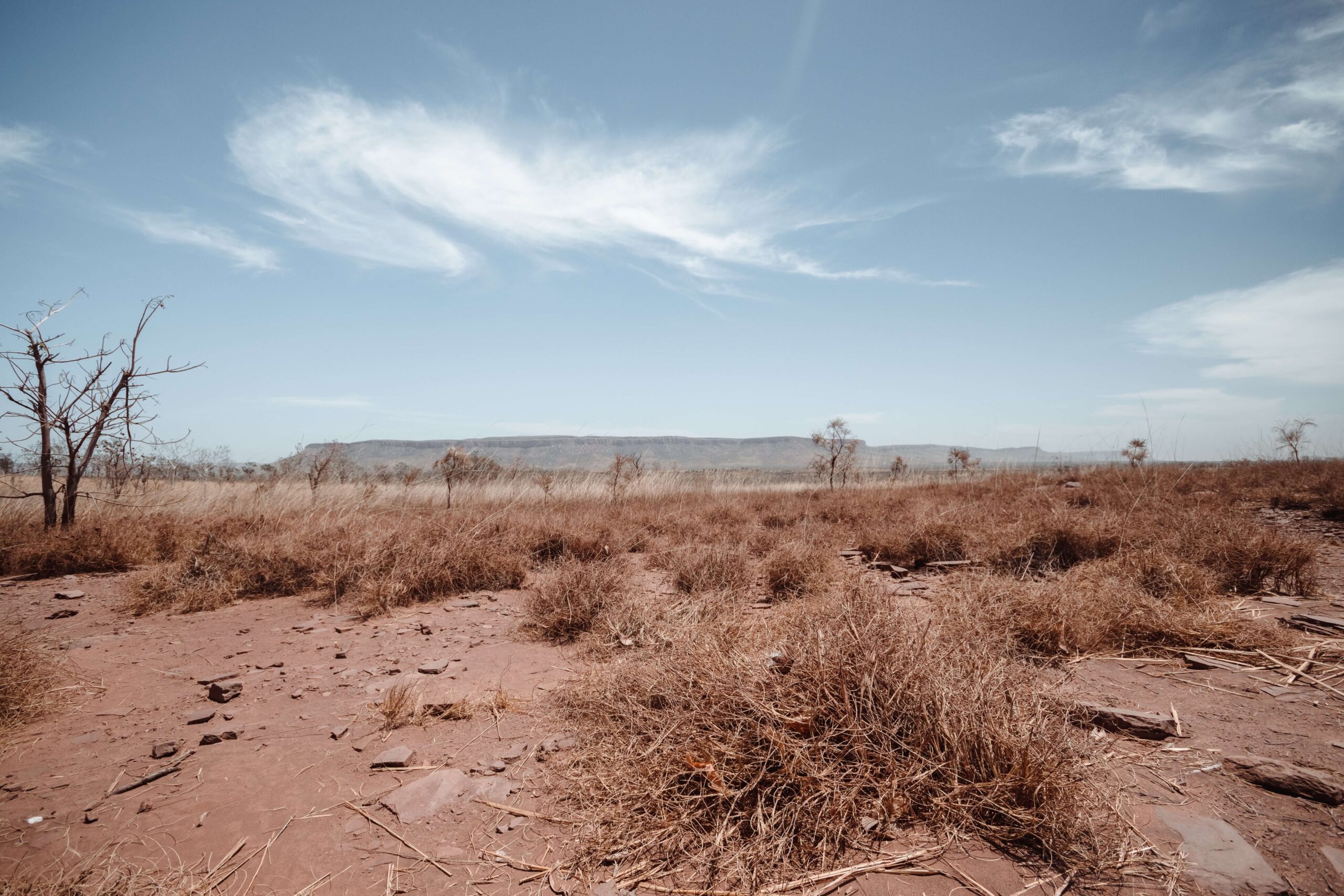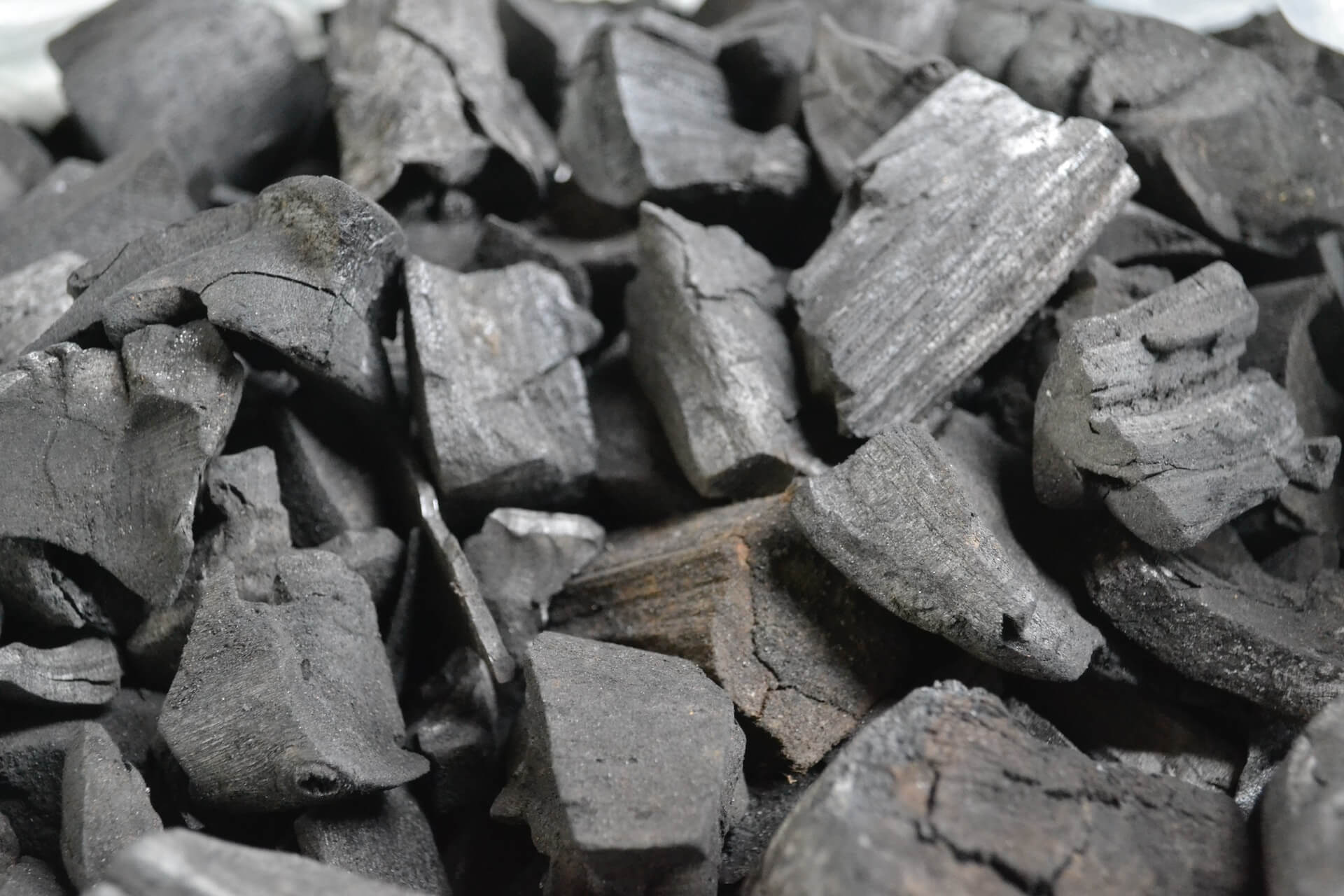IFC has committed $37 million to finance new recycling plants in Ghana and Nigeria. The partnership with manufacturer Mohinani Group to transform plastic waste into food-grade packaging materials aims to create over 4,000 jobs while reducing environmental pollution across both countries.
The loan will enable Mohinani subsidiaries Polytank Ghana Limited and Sonnex Packaging Nigeria Limited to establish facilities capable of producing 15,000 tons of recycled PET (rPET) resins annually at each location. These materials will replace virgin plastics in food and beverage containers, with 90 percent of raw materials sourced from local small businesses involved in plastic collection.
The project is expected to generate approximately $21 million in annual import savings for each country while preventing harmful pollutants from entering the environment. Recycled plastics have a smaller energy footprint than new plastics, contributing to reduced greenhouse gas emissions in the region.
“The rPET project by the Mohinani Group was born out of a vision to close the bottle-to-bottle recycling loop in Africa and the Group’s dedication to advancing environmental sustainability,” said Roshan Mohinani, Strategy and Transformation Manager for Mohinani. “It is also inspired by our Group’s purpose of improving the quality of lives in Africa, as this initiative is expected to create over 4,000 jobs along the value chain in Nigeria and Ghana, thereby providing economic empowerment to a significant number of young people, particularly women.”
Beyond financial support, IFC will provide advisory services to strengthen Mohinani’s environmental and social practices and enhance its capacity for efficient and sustainable PET recycling operations.
“IFC’s partnership with Mohinani underscores our dedication to promote environmental sustainability and economic development in Ghana and Nigeria,” said Dahlia Khalifa, IFC Regional Director for Central Africa and Anglophone West Africa. “By recycling up to 30,000 tons of PET waste annually, these new plants will protect the environment and substitute imports with locally recycled materials.”
Polyethylene Terephthalate (PET), a polymer resin widely used for liquid and food containers, represents a significant portion of plastic waste across West Africa. By establishing local recycling capabilities, the initiative addresses multiple development priorities at once.
The initiative aligns with IFC’s country strategies for Ghana and Nigeria, which emphasize climate change mitigation, job creation, and economic transformation. It also supports the broader objectives of the World Bank Group’s Climate Change Action Plan 2021-2025, which seeks to reduce virgin plastic resin usage and lower greenhouse gas emissions throughout the packaging materials value chain.
The recycling plants are expected to commence operations in late 2025, creating immediate opportunities for waste collectors and sorters while building longer-term manufacturing capacity in both countries. By processing 30,000 tons of plastic waste annually between the two facilities, the project represents one of the most significant industrial recycling investments in the region to date.
Industry experts note that the initiative provides a model for how international financial institutions can support private sector solutions to environmental challenges while simultaneously addressing economic development needs in emerging markets.
